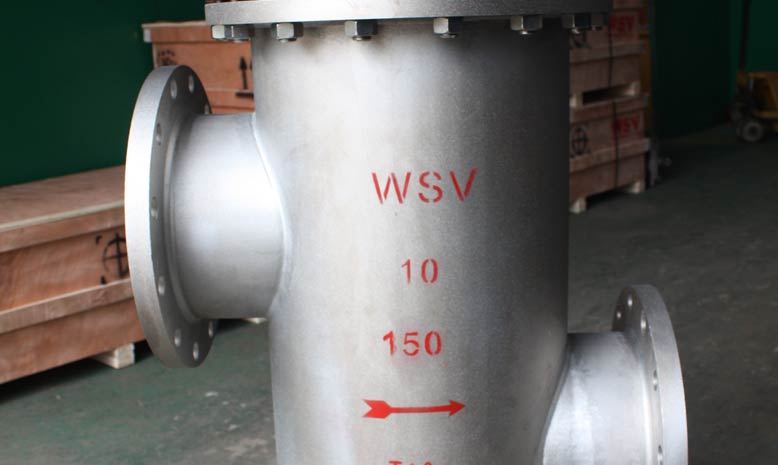
Titanium and titanium alloys are non-ferrous high chemical activity metals. Titanium materials have oxide films, good stability, and self-passivation ability in a strong corrosion environment, so titanium valves can resistance a variety of harsh corrosion conditions.
Due to its high cost-effective and high corrosion resistance, titanium strainers can be used in a much high corrosion medium. In the civil corrosion resistance industrial transmission pipeline, the titanium strainers solve many corrosion problems that the Stainless steel, Copper, or Aluminum strainers can’t solve.
The titanium check valve has excellent corrosion resistance, high specific strength, small weight, hard, smooth surface that limits adhesion of foreign materials, heat resistance and so on advantages.

The titanium strainers are widely applied in the Chlor-alkali industry, soda industry, the pharmaceutical industry, fertilizer industry, fine chemicals industry, basic organic acids and inorganic salt manufacture and nitric acid industry fields, etc.
When choosing titanium Strainers, one must fully consider the corrosive medium temperature, the medium ingredient, various ingredients density, water content, and so on four aspects. The valves not suitably use in the 98% red smoke nitric acid, dry chlorine which waterless 1.5%, pure oxygen, temperature over 330℃ conditions, etc.
Material Group | Castings Grades | Forgings Grades | Bar Grades |
Titanium Gr 2 | B367 Gr.C-2 | B381 Gr F-2 | B348 Gr.2 |
Titanium Gr 3 | B367 Gr.C-3 | B381 Gr F-3 | B348 Gr.3 |
Titanium Gr 5 | B367 Gr.C-5 | B381 Gr F-5 | B348 Gr.5 |
Titanium Gr 6 | B367 Gr.C-6 | B381 Gr F-6 | B348 Gr.6 |
Titanium Gr 12 | B367 Gr.C-12 | B381 Gr F-12 | B348 Gr.12 |
Titanium Gr 7 | B367 Pd7B | B381 Gr. F-7 | B348 Gr.7 |
